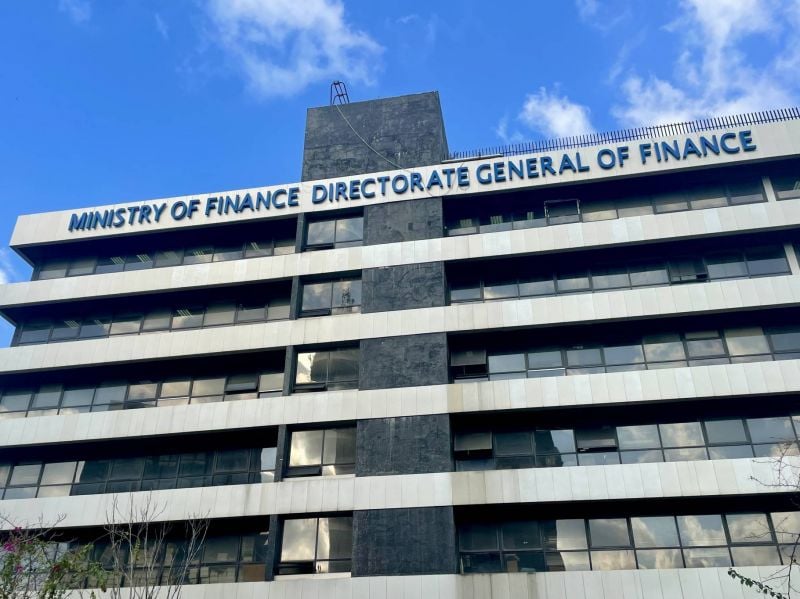
The headquarters of the VAT directorate, in the Justice Palace sector, in Beirut. (Credit: Philippe Hage Boutros/L'Orient-Le Jour)
The Finance Ministry on Tuesday issued a decision implementing Article 29 of the 2022 State Budget regarding income taxes on the industrial and commercial activity of taxpayers who do not reside in Lebanon but still pay Lebanese taxes.
This category does not only include non-residents — those who do not live in Lebanon but may work in the country from time to time — but also a wide range of self-employed individuals and small businesses — plumbers, house painters, street vendors, etc. — who are not registered with Lebanese tax authorities.
This non-resident status requires non-residents to pay a fixed tax of 7.5 percent of the income received for a service, or 2.25 percent when there is a property transaction.
These taxes are usually deducted by companies registered with Lebanese authorities that do business with non-resident taxpayers, explained Nadim Daher, treasurer of the Lebanese Business Leaders Association (RDCL).
Easy to circumvent
Until the late implementation of the 2022 budget on Nov. 15, companies with a tax number had to declare and pay accumulated taxes due at the end of the year in one lump sum.
Article 29 of the 2022 budget now requires payments to be made quarterly. The ministry’s decision, published Tuesday on its website, offers details of its implementation.
Payment must be made within 15 days of the end of each quarter and taxpayers must attach a return for the last quarter of 2022.
The ministry also provides forms to be completed for each quarterly and annual return. However, the ministry gave no indication as to which exchange rate will be used to calculate taxable income in lira. Differing exchange rates are a central issue given Lebanon’s complete divorce from the former official parity of LL1,507.5 to the dollar.
According to Daher, the ministry’s transition to quarterly payments is intended to more effectively trace companies not registered with the tax authorities, forcing them to comply with regular tax structures.
“If the intention is commendable, the [ministry’s] forms … may be ineffective to increase the number of taxpayers,” said Daher. “The ministry only asks for name, address, taxable amount and amount of tax paid, but not a phone number, for example. It’s too easy to get around.”
“In the end, the risk is that those who evade taxes continue to evade [them] and that the state ends up putting all the tax pressure needed to rebalance the public accounts on those who fulfilled their obligations,” he said.
The 2022 budget incorporated radical tax adjustments to increase government revenue and a significant number of regressive taxes to balance state accounts at the expense of all other considerations.
This article was originally published in French in L'Orient-Le Jour. Translation by Joelle El Khoury.